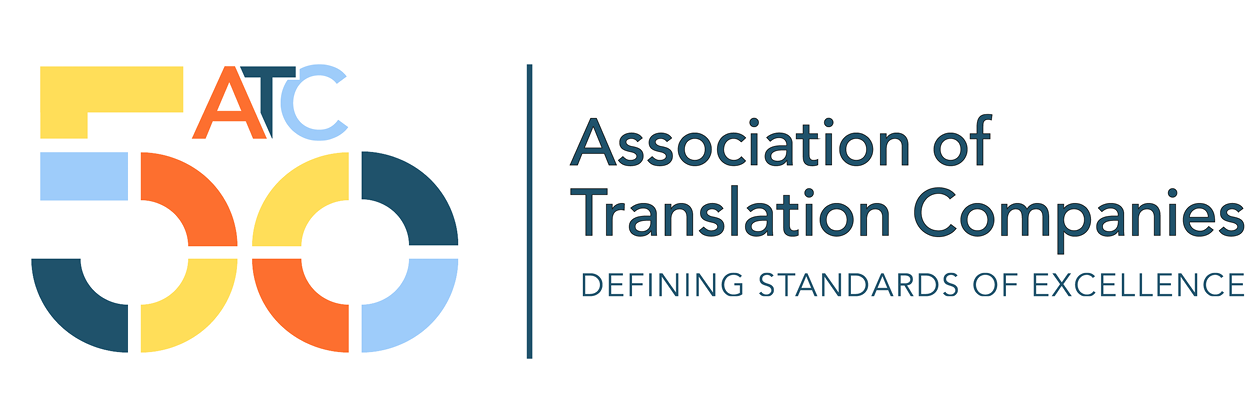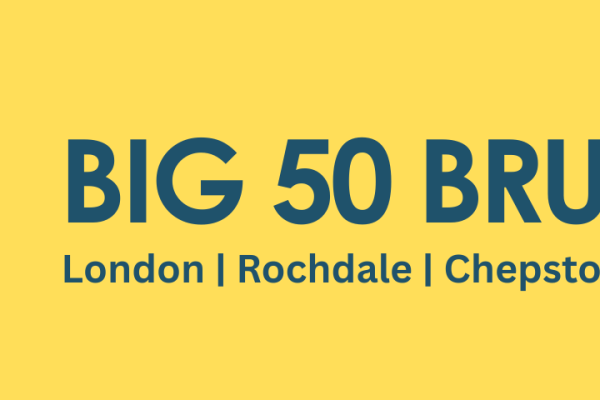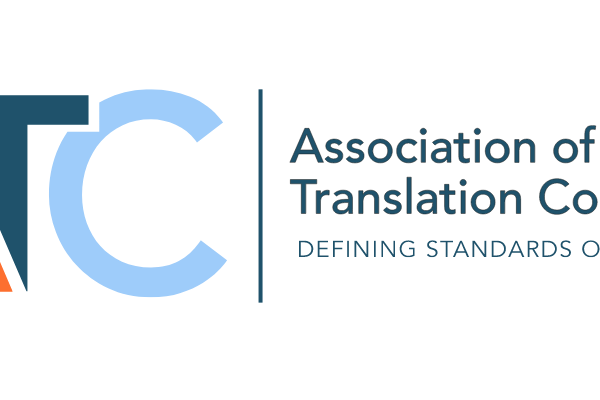To celebrate the ATC's 50th anniversary as trade association and community of language service companies,…

In this week of nail-biting ‘meaningful votes’ in Brexit Britain, let’s take a break and talk about something else, namely topical, meaningful research, and the relationship between research and practice in the translation industry.
I’ve often thought about translation studies research when I listen to friends in the medical profession talk about the conferences they go to, on cutting edge research directly relevant to their everyday work and field of expertise.
In our world, there’s traditionally been a much more pronounced gap between academia and practice, but I think this is starting to change.
Over the past couple of years, I’ve heard from a number of academics in the field of translation studies or translation technology, about how important it is for research to look at issues that have a real, tangible touching point to the day-to-day reality of the profession. In fact, it seems that increasingly, research funding is linked to how the research findings can be applied in the field.
And sure enough, in the past month, I’ve been asked to go on the programme committee of an academically-oriented conference, Asling 41 in London, and a workshop aiming to bring together research from the academia and practical implementation, the Human-Informed Translation and Interpreting Technology workshop in Bulgaria, specifically to represent the industry side.
A recent example of successful collaboration between academia, the profession and the users of translation and interpreting services is the hugely meaningful Transnational Organised Crime and Translation project. It revealed how an increasingly diverse linguistic landscape is forcing police officers to investigate and combat organised crime networks whose members communicate across multiple languages, and how translation and interpreting can and should facilitate that.
What could we do to promote more research like this? I think the academic world is ready to hear the industry’s views, and look at carrying out research that addresses genuine needs in practice. But we also need to open channels with academia at our brilliant universities, and raise questions and issues that we would like them to consider as topical research.
Throwing this question out to members and colleagues, what would you like to see translation studies research look at? Could the ATC be a channel of communication between the industry and academia? If so, how?
Have a think, and let us know!
Raisa McNab
Chief Executive Officer
ATC


